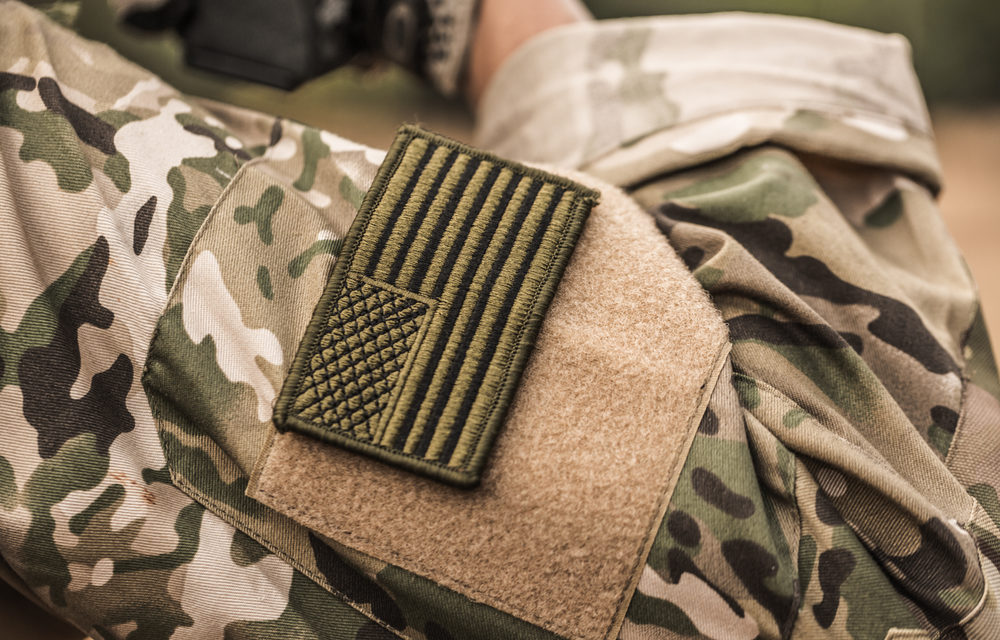It will not surprise readers to learn that the Trump Administration not only instituted policies that delayed civilian naturalization applications, but also created new policies to stop naturalizations by noncitizen members of the United States Armed Forces. These policies resulted in a steep drop in military naturalizations under President Trump. Unfortunately, the Biden Administration has not yet managed to reverse all these bad policies.
On February 2, 2021, then newly elected President Joe Biden ordered the Secretary of State, the Attorney General, and the Secretary of Homeland Security to develop a plan within sixty (60) days to “facilitate naturalization for . . . members of the military, in consultation with the Department of Defense . . . “ (DOD). More than a year later, however, the Biden Administration is still struggling to achieve the promised goal. While the Administration has made some progress on efforts to facilitate the naturalization of military veterans, there has been no public revelation of any plan to improve the processing of military naturalizations for current members of the military. (Plans have been announced to help military veterans.)
Current military members continue to report difficulty with the naturalization process, particularly because of the recent DOD requirement to have a “wet ink” signature from an officer of the rank of O-6 or higher on Form N-426, a key required document for filing a military naturalization application if the applicant is currently serving in the military. An officer of this rank is a Colonel in the Army, Air Force, Marine Corps, and Space Force, or a Captain in the Navy and Coast Guard. These high-ranking officers are quite busy, and it is often hard for lower ranking enlisted military members to reach them, something that DOD undoubtedly knew when it required them to certify servicemembers’ naturalization paperwork. Moreover, U.S. Citizenship and Immigration Services (USCIS) has been rejecting military naturalization applications at a high rate due to errors on the N-426, as it seems that high-ranking officers have a difficult time following the instructions for completing the form to the satisfaction of USCIS; the agency subsequently published supplemental instructions for completing the N-426.
The delays in military naturalizations have spawned many lawsuits and one Congressional hearing. Federal judges have in the past few years mostly ruled against the DOD and U.S. Department of Homeland Security (DHS) agencies regarding the new policies. In a class action case brought in the U.S. District Court for the District of Columbia by the American Civil Liberties Union (ACLU), Samma v. DOD, a federal judge held that a Trump Administration policy that prevented military members from filing for expedited naturalization also violated the Administrative Procedure Act because the Defense Department could provide no rationale for its new rules.
I have worked in this space for decades, first as a member of the military myself and then as a private immigration attorney. Things are very different these days than in years past. Ten years ago, it was rare for a military member to need an immigration lawyer’s assistance when applying for naturalization. But today, it is often the case that a lawyer must get involved if the process is to go smoothly and quickly. Military members are often anxious to naturalize because American citizenship eases their career path in the military, making them eligible for many more jobs and promotion to the highest ranks. Given all the obstacles and how complicated immigration law is, having a skilled lawyer assisting them with the process can make a huge difference in the outcome.
****
If you want to hear more information about military naturalization and how to best assist your clients with their military naturalization applications, you can attend a cutting-edge session entitled “Preparing Military Naturalization Applications: What You Need to Know,” on April 12, 2022. This special webinar will update you on the latest requirements for filing a case, what to know about the policies of the different military branches regarding the N-426 form, and provide you with expert resources for getting a case approved quickly.







